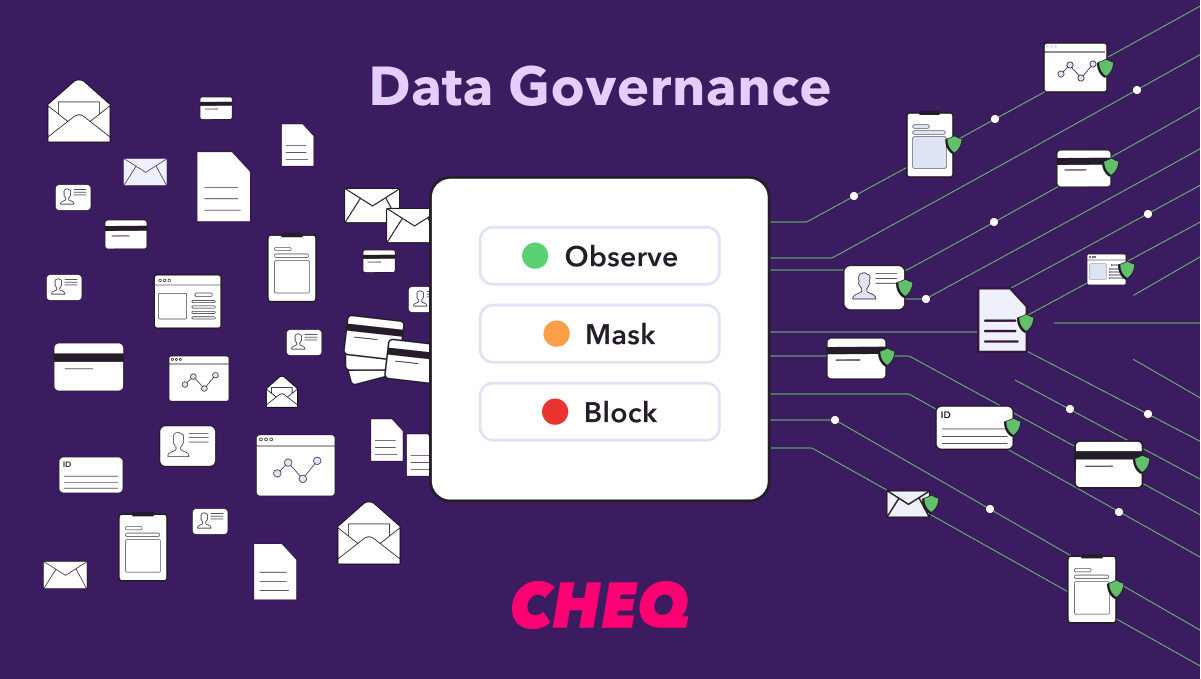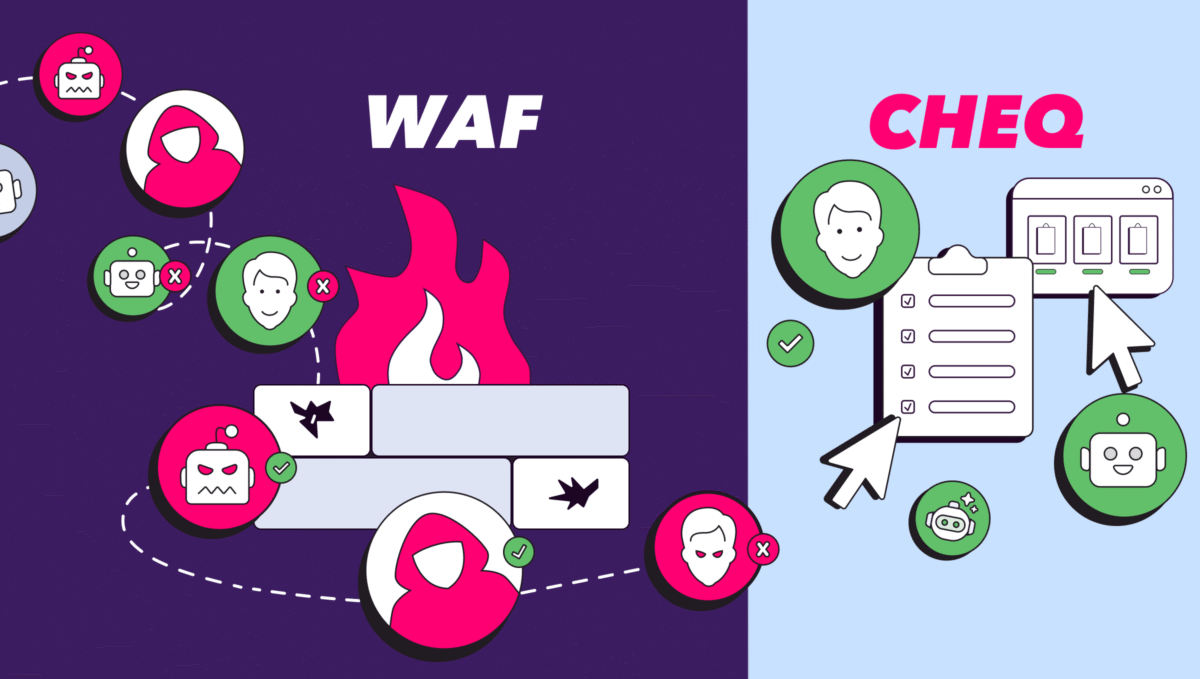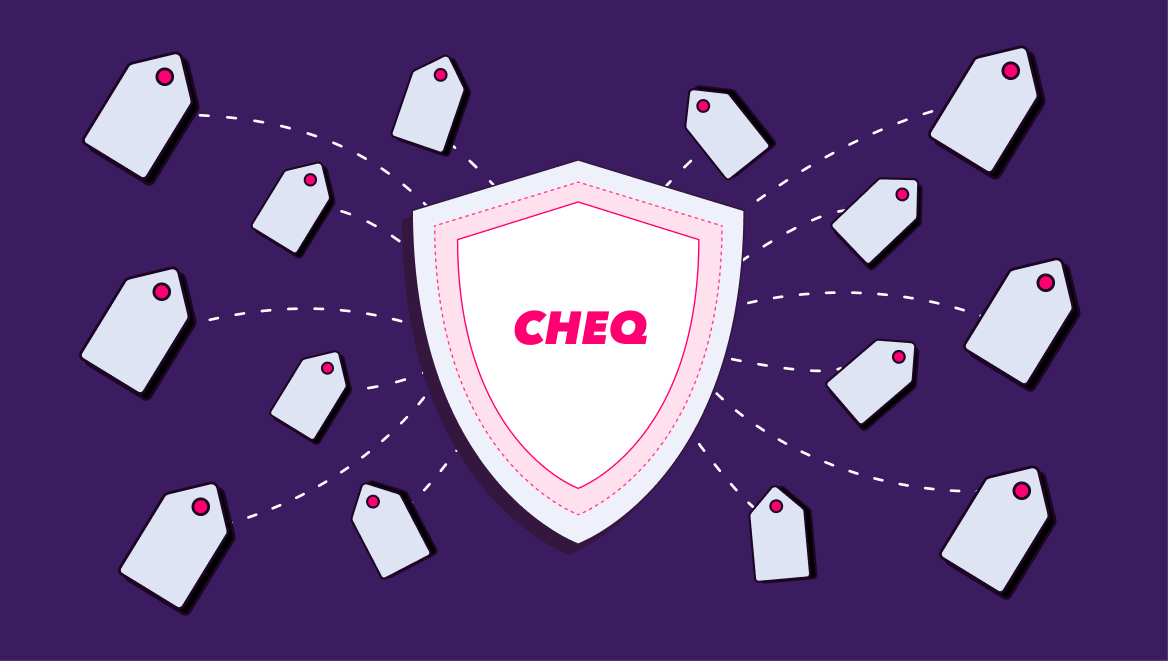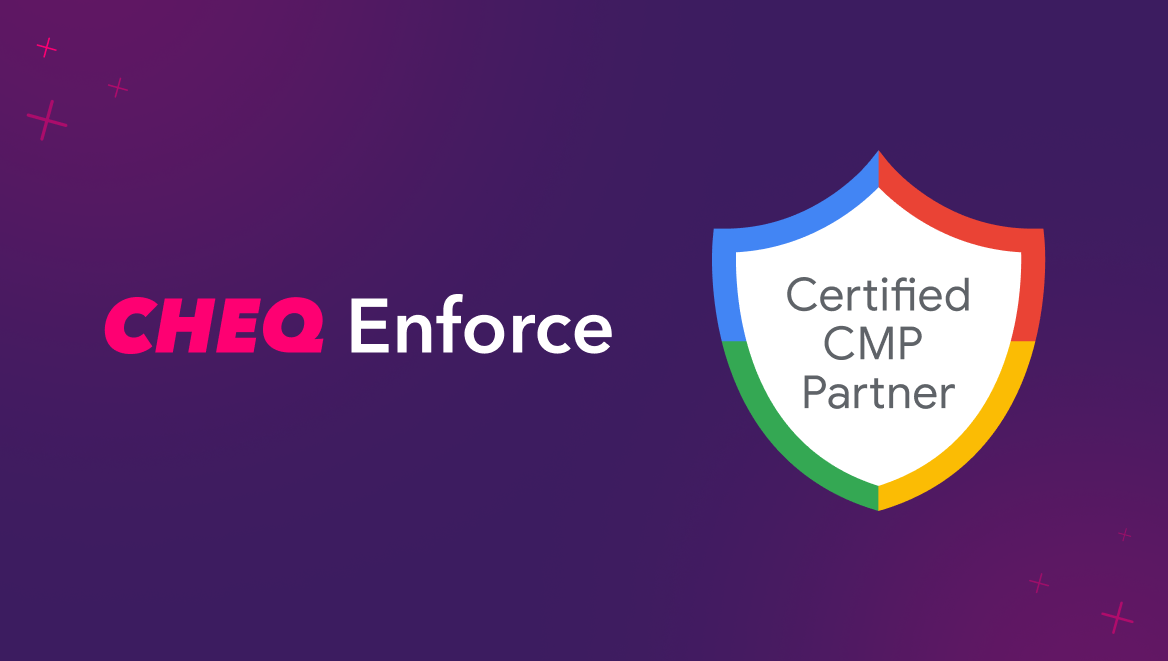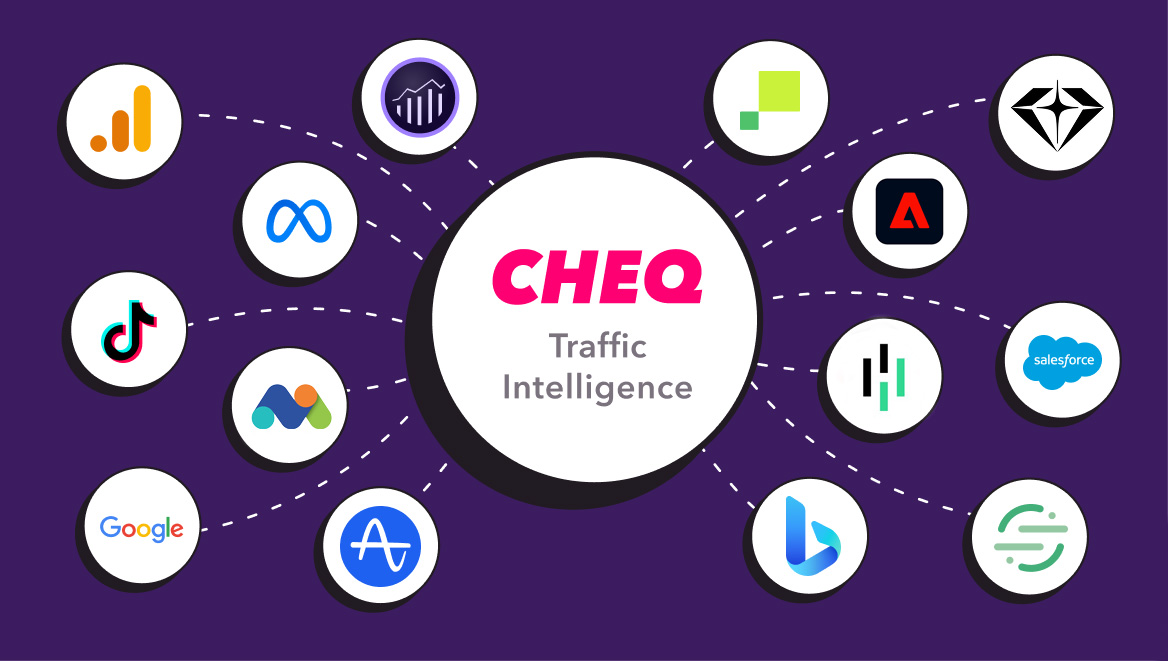6 PPC Experts Opinions About Click Fraud
Jonathan Marciano
|Marketing | July 02, 2020

Click Fraud has emerged as a major challenge for PPC marketers. With a rise in click fraud, during COVID-19, an academic study has shown that an estimated $23.7 billion will be lost to click fraud in 2020 as a result of bots, competitor click fraud, and click farms across both paid search and social campaigns. It is hitting both enterprises facing larger click fraud cases and bot activity; alongside small and medium-sized businesses, with new cases coming to court. Here, we speak to six top PPC marketers about the realities and challenges PPC campaigns face as business seek to recover growth in the face of an economic downturn.
1. Daryl Oberg
Darryl Oberg, owner of AYD Marketing strategy, which manages PPC including Google Ads/Bing Ads, says: “I suspected there was a lot on my display ads because there were a lot of clicks by high bounce. Hotjar [a web analytics tool that gives you an in-depth understanding of your site visitors’ behavior] also showed user activity that was not normal. He suggests he believes there is a 10% invalid clicks on platforms and argues the importance of good negative keywords is an important countermeasure to activity.”
2. Reece Groves
Reece Groves, PPC Specialist, says that click fraud is “evident and obvious across most competitive niches, including finance, energy, travel, and emergency type services. I would say that click rates are at an average of 10%, though I have seen as high as 30% and even 40% in a one-off campaign on Microsoft Ads”.
3. Navah Hopkins
Navah Hopkins is the Director of Paid Media at Hennessey Digital, an integrated digital marketing agency, and is a regular on PPC Hero’s Top 25 Most Influential PPC experts. Hopkins says: “The best way to prevent click fraud is to regularly audit your campaigns and analytics, ensuring traffic is coming from intended sources, and you haven’t left yourself open to a targeting mishap. This includes blocking IP addresses causing invalid clicks through software or pull IP addresses from analytics and manually block them in your campaigns. Secondly, exclude locations where you are seeing the click fraud activity. Usually click fraud will come from an unexpected location, which means your location targeting was not as specific as you might have thought. If you suspect click fraud, make sure to set location targeting to people in your targeted area. Finally, use audiences to prequalify impressions and clicks on suspicious publishers. If you set your ads to target and observe, the only folks who will have access to your ads are people in your audience lists. Yes, there need to be 1,000 people in a 30-day period for the list to work, but it can be a powerful way to protect your marketing dollars.”
4. Andy Price
Andy Price, Director and Founder of Institution.co.uk, who has managed marketing campaigns for nearly three decades, says in a YouTube video: “It’s a really big problem for a lot of clients we have dealt with, or taken on from other agencies. We found that a lot of people have one big problem – competitors clicking on their adverts, and also their own customers clicking on their adverts and burning their budgets. There are plenty of tools you need to have in place.”
5. Uzair Kharawala
Uzair Kharawala who manages Google-partner, SF Digital Studios says: “Click fraud is a black hat technique which inflates the number of clicks on your AdWords ads. It is done by rogue publishers to generate income for themselves and also to sabotage their competitors’ AdWords campaigns by using up their daily budgets with fraudulent clicks. Google has got a very sophisticated system in place for detecting these click frauds, but no matter how sophisticated or brilliant it is, there will always be click frauds, which will happen.”
6. Anthony Higman
Anthony Higman, Director Of Paid Search Marketing at SMB Team, warns about over blocking traffic in a fight against click fraud. He says: “There are also some programs out there that will trace fraudulent clicks and attribute them to IP addresses and then add them to an exclusion list automatically. However, there are many unknowns in that and blocking IP addresses without knowing its exact location or what its connected to could lead you to end up blocking entire WiFi networks where potential consumers are located. To keep our clients’ accounts as safe as possible and performing at an optimal level, we are constantly reviewing all data and optimizing towards conversion rate, and making everything as relevant as possible. Continuous optimizations and making ad copy more relevant to the user are one of the simplest ways to fight against invalid clicks.”
Protect Your Ads From Fraudulent Clicks
CHEQ for PPC, winner of The Drum Search Product of the Year 2020, is the first solution to block invalid clicks across multiple platforms. Up until now, invalid click solutions have focused exclusively on Google Ads and have only detected basic invalid traffic through the use of outdated IP blacklists. In contrast, CHEQ for PPC is the first to eliminate invalid clicks across all major PPC platforms including Google, Facebook, Instagram, Baidu, Bing, LinkedIn, Snap, Twitter, Pinterest, Yahoo, Yandex, and more.
Want to protect your sites and ads? Click here to Request a Demo.








